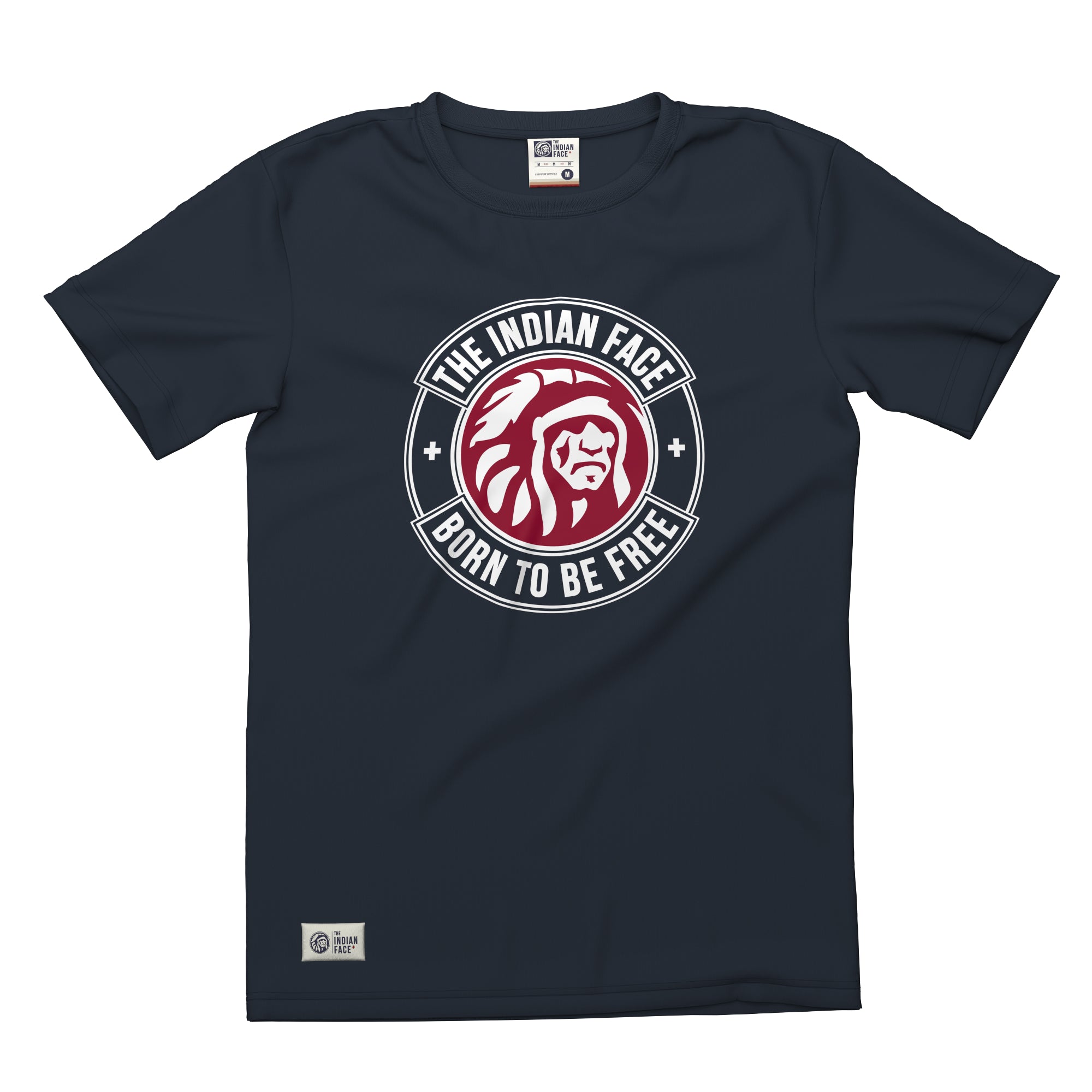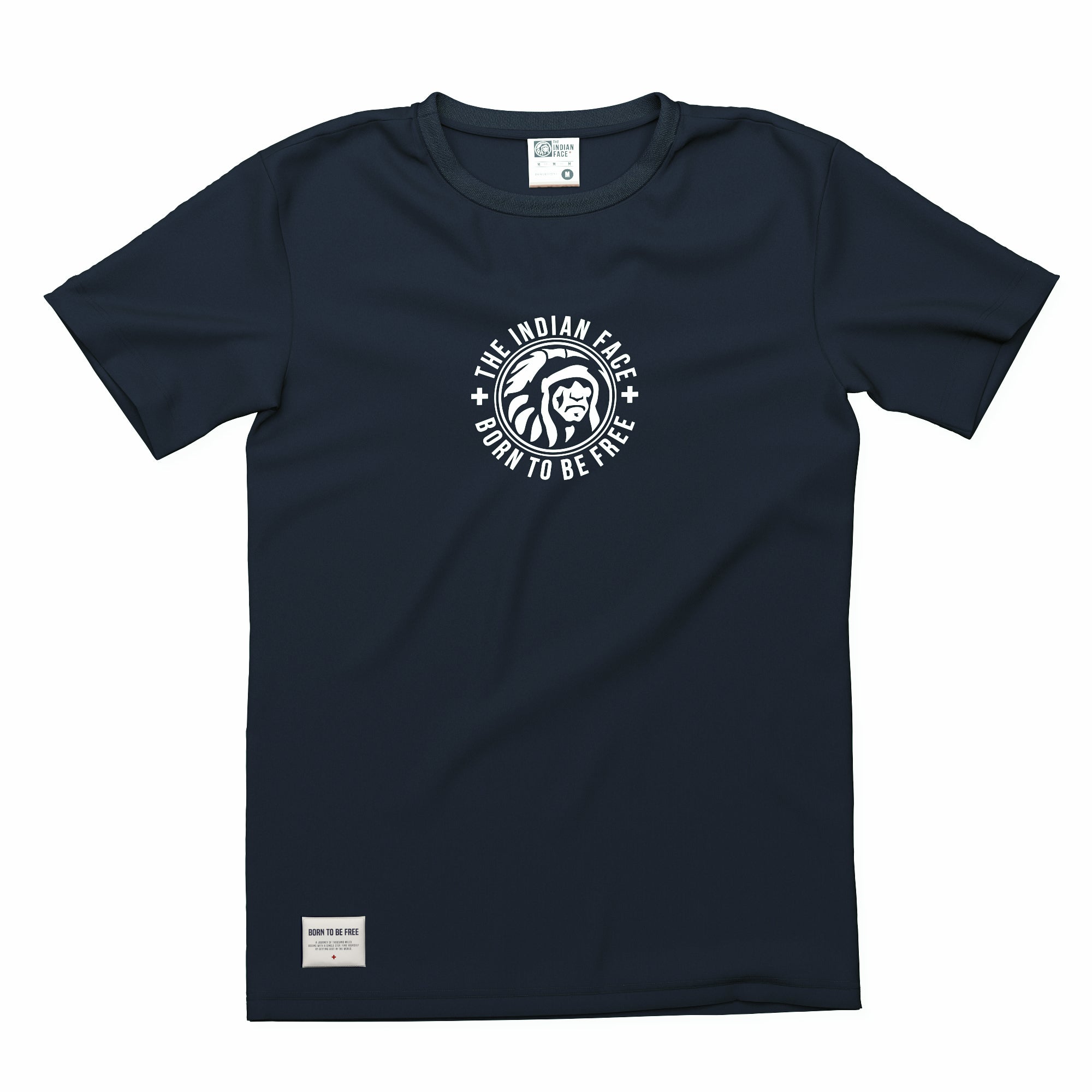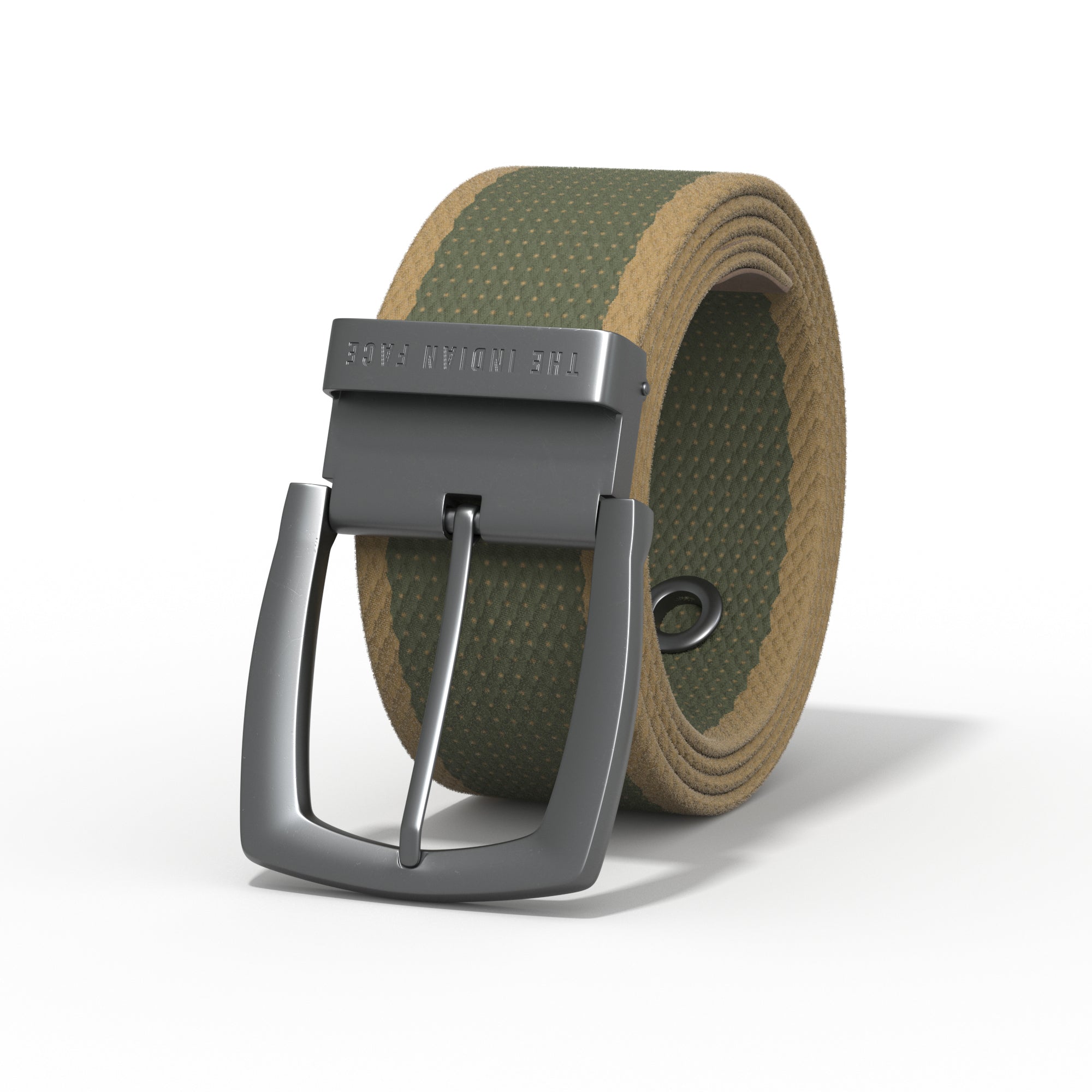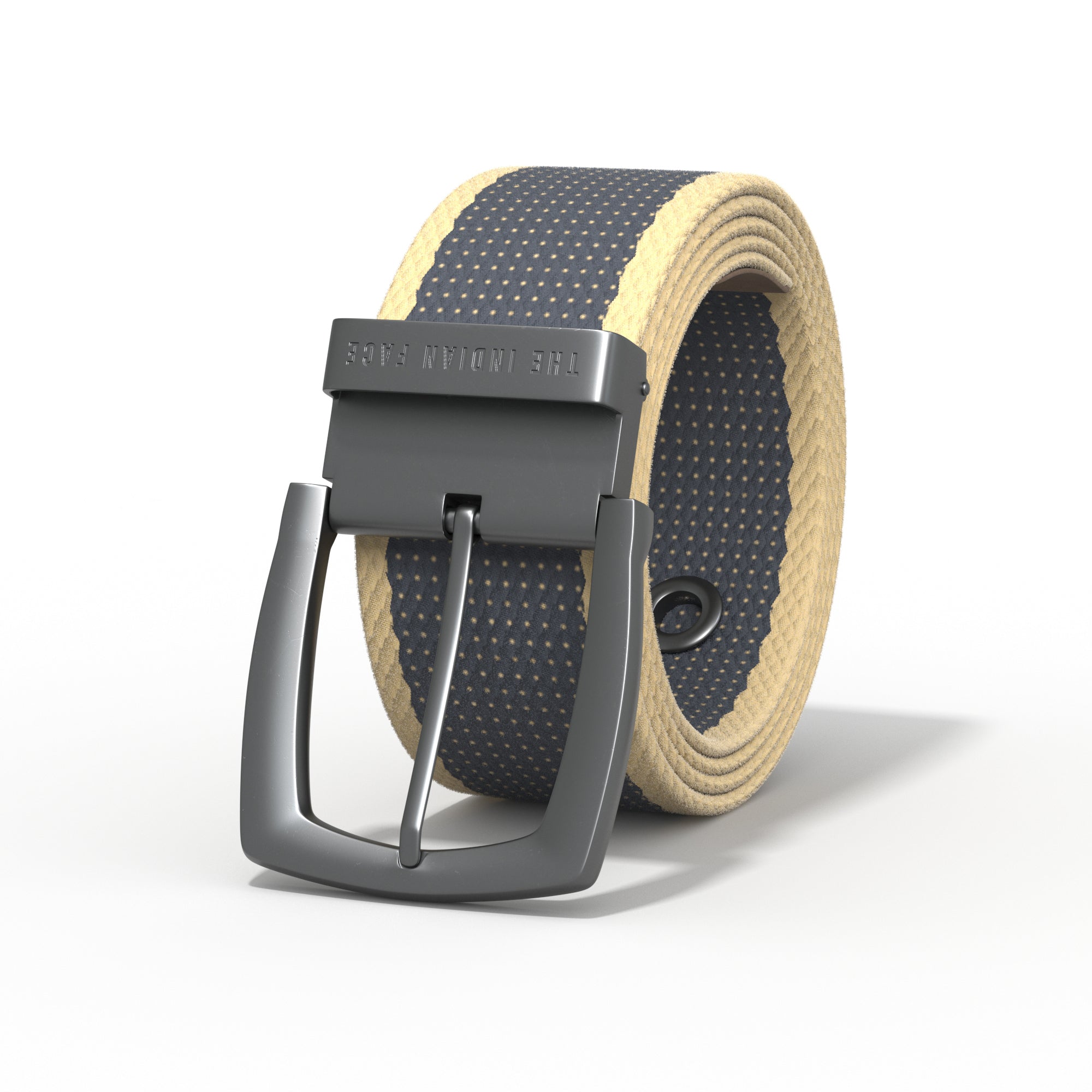The polarized sunglasses are something we can talk very well about here at
From
The technology behind polarized sunglasses has certainly made adventurers, athletes and free spirits enjoy their getaways and excursions much more, because they forget about small big problems like those that, although beautiful, we are exposed to in nature, the sun and the weather... but nothing that cannot be solved! Don't be left with any doubts, Here we answer the most frequently asked questions about polarized sunglasses!

FREQUENTLY ASKED QUESTIONS AND ANSWERS ABOUT POLARIZED SUNGLASSES
What do polarized sunglasses mean?
The polarized sunglasses These are completely normal sunglasses, to begin with. What distinguishes and makes this type of sunglasses special is a film that is added to the lenses that filters the sun's rays and always falls in a certain direction. This is how reflections are eliminated and allows for greater visibility, as well as adding greater visual softness and comfort to your eyes when exposed to any type of lighting. A long time ago, this type of polarized sunglasses were simply used in very specific sectors, such as sailing or any activity that had to do with the sea, since the reflections produced in the water due to sunlight are very large and in many moments, if you spend a lot of time exposed, it can become dangerous. Despite this, there is a growing awareness when it comes to protecting your eyes from the sun's rays, which has made the use of polarized sunglasses increasingly common today, and our eyes will always be grateful for that.
What are polarized lenses?
To answer this question we must take into account that sunlight does not reach the eye through a straight line, but from all possible directions. It becomes particularly “unpleasant” when it is reflected on flat surfaces, as it causes visual fatigue and glare; basically it is an excess of light that reduces visibility. A polarized lens is a type of vertical filter that blocks sunlight that reaches the eyes horizontally, such as that reflected on the sea, snow, road and asphalt; and allows the passage of vertical light that can be used to see clearly.
What are the best polarized sunglasses?
We are not going to fool you here, and we also want you to try it for yourself. polarized sunglasses of
What is better polarized or regular sunglasses?
The answer to this question is that it depends entirely on the use you are going to give to your sunglasses. If, for example, you have to drive on a very sunny day or you are going to do sports outdoors, the polarized sunglasses They will be your best ally to protect your eyes and your safety behind the wheel, that's why you should choose them! However, in more ambiguous cases, such as everyday use, it will depend on different factors. People with very sensitive eyes may prefer to make more intensive use of polarized glasses with low-density filters on a regular basis. On the other hand, if you do not suffer from eye sensitivity and prefer to have a greater variety of models, you may opt for non-polarized sunglasses, but with UV protection. The variety of colors of polarized glasses is not as wide as that of traditional ones.

How to know if sunglasses are polarized?
To know if some sunglasses are polarizedThe first thing we should do to make sure is to place the lenses in a horizontal position to see how the image looks on them. After this, we should turn the sunglasses and observe how the figure looks from the horizontal position to 60º to 90º. We should keep in mind that if the glass becomes blacker than usual and does not allow you to see to the other side, then your sunglasses are fully polarized! Also, many polarized sunglasses usually include a letter “P” or the word “Polarized” inscribed on the inside of the temple. This way, we can be sure that they are certified glasses. If at any time the lens is completely opaque and prevents you from seeing the screen, it is because they are polarized lenses, since they barely let the light through.
When to use polarized lenses?
The polarized sunglasses Polarized sunglasses have many advantages that we will explain below. One of the most common situations in which you can benefit from the advantages of polarized sunglasses will always be while driving your car or motorcycle. The reason for this is that it will serve as an opportunity to avoid visibility problems and make each journey much safer in this sense. Likewise, sunglasses with polarized lenses are perfect for very sunny days, because their lenses manage to reduce reflections from the road, or any reflection produced by the surface of the vehicle itself. In this same way, polarized sunglasses are also very useful when it comes to combating eye fatigue so typical of driving when we make trips of many hours on the road, so it will help us achieve greater clarity when traveling and contrast to be able to ensure good driving throughout the journey.In addition, a very common type of use for polarized lens sunglasses is during outdoor sports, whether in the city, in the mountains, on the beach.
A clear example of this is people who ski or snowboard, as they often use polarized sunglasses because the reflections from the snow are often very intense and can damage our eyes if they are not properly covered. For this reason, people who practice cycling, running, hiking, etc. or any sport that involves long exposure to the sun can also use this type of polarized sunglasses, so it will be appropriate to have filters with the appropriate density to protect our eyesight. Likewise, eyes that are more sensitive to light or those who have recently had eye surgery will help to provide continuous protection for them.
How to clean polarized sunglasses?
To clean your polarized sunglasses The procedure is the same as you would do with glasses. The best option to leave them looking like new is to rub them gently with a microfibre cloth. And, if they are very dirty, before doing so, rinse them with warm water, dry the moisture with a clean cotton cloth. We leave you an article about How to clean your sunglasses perfectly!
Are polarized sunglasses for men or women?
These are completely unisex glasses. This means that they can be used by both men and women, their use is irrelevant! The quality of these glasses makes them chosen by both men and women to complement their looks and to protect their eyesight thanks to them.
What is UV 400 protection?
UV400 protection in sunglasses is a filter that completely protects you from UV rays, including UVA and UVB rays. ... This means that the lens of your glasses will be able to block any UV rays with a wavelength of less than 400 nanometers. All approved optical sun lenses, without exception, must meet a series of standards: Light transmission: between 3 and 100% UV filter: minimum 99% (UV400 label)
What categories of lenses do polarized sunglasses have?
After being clear that our sunglasses have this protection that we want for our eyes, we must keep in mind that there are several types of polarized sunglasses, since there are filters of different categories depending on the use we give to these lenses. On the one hand, we can find the clearest polarized sunglasses, whose filters can let through almost 80% of the light, so we will classify them in category 1. This type of polarized glasses can be useful during cloudy days, but they are clearly insufficient on the sunniest days. When this situation occurs, it is highly recommended to have dark polarized sunglasses, which let through between 10 and 20% of light, which we will classify in categories 2 and 3. And if these categories are not enough for you... don't worry! If you are going to do some kind of outdoor activity with snow where the reflections for this reason are much more intense, you can opt for special polarized glasses that let through the minimum possible light, which would already be category 4.However, never use these types of lenses for driving… it is prohibited due to poor visibility, you will see much less with them!
Where to buy polarized sunglasses?
Without a doubt, since
With everything you've learned, they'll stay looking great for years to come!

















































